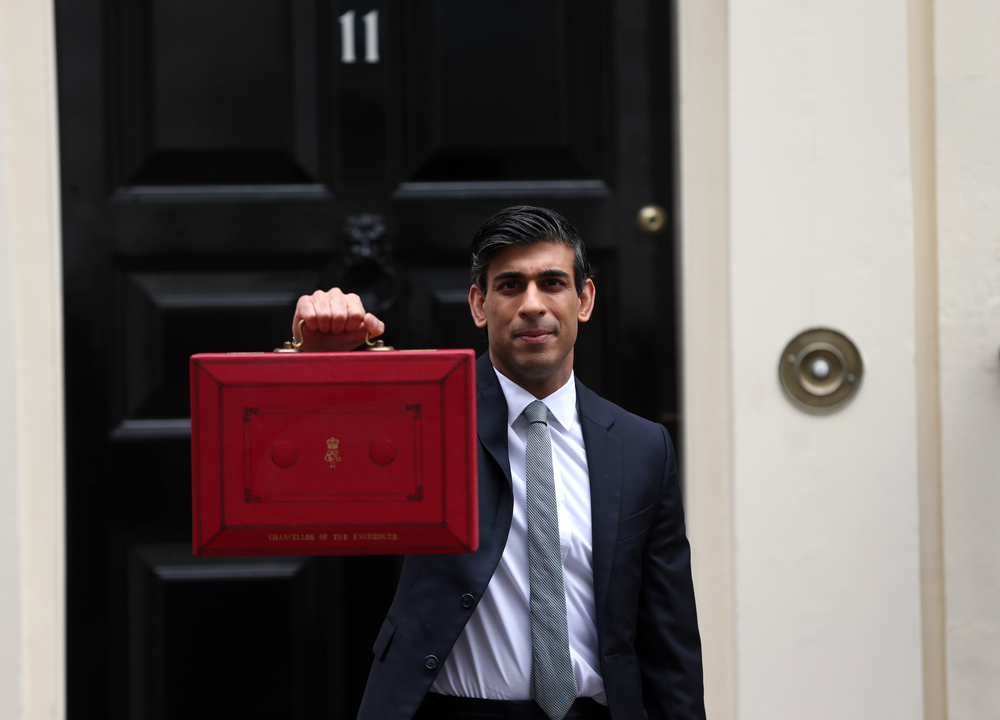
Another year, another decisive Autumn Budget from the UK government. Though the stakes this time around appeared much higher than usual, and the government’s freedom to spend ambitiously hamstrung by a protracted campaign of emergency financial support through the pandemic, there is much for businesses to unpick.
Most prominently, we are finally becoming familiar with the government’s grand vision for a post-Brexit Britain. The pandemic, unfortunately, dominated the social and fiscal landscape for the final stretch of the withdrawal negotiations, and still had the business world in a stranglehold by the time the UK formally exited the EU on January 1st 2021.
As the vaccination rollout in the UK continues apace, and businesses appear insulated from the worst ramifications of subsequent waves of infections, businesses will feel a sense of galvanised confidence, and look to begin planning for the long-term and investing in growth rather than survival. In turn, the Autumn Budget gave us a glimpse of how the economy will shape up once the dust has settled on these twin crises.
Shifting focus
The shift in focus from the pandemic to economic recovery is most evident in the Global Investment Fund, and the post-Brexit tax rules introduced for shipping companies. Indeed, many of the measures have a distinct air of positioning the UK as a leading economic force on the international stage – in the EU, and beyond.
The UK’s economic growth forecast for 2021 has been upgraded substantially, from 4% to 6.5%. This is not quite enough to immediately plug the gap left by the huge productivity loss in 2020 (estimated to be around 10% of GDP). That said, it signals a more optimistic start to post-Covid life.
Accordingly, businesses should feel emboldened to look outwards. This will be a particular boon to lean and agile SMEs, as it will aid in their establishing of relationships with international companies and facilitate growth into markets beyond the EU. Taking the best possible advantage of emergent markets, particularly in Asia and the Middle East, will be critical in a fast aggregate recovery and for businesses attaining rapid growth.
Facilitating trade
Naturally, subsidies and tax relief will only go so far in incentivising firms to grow into high-risk, high-reward markets across the globe – the fundamental costs of international trade must be taken into account. This is underpinned by the current global supply chain crisis; many firms have little assurance that they can deliver on orders from customers and clients given the strain on the existing infrastructure, while those who can are looking at significantly increased price levels for both manufacturing resources and shipping arrangements.
More important than addressing the immediate crisis in the supply chain will be firming up the infrastructure to insulate businesses from the effects of further immediate pressure. By nature, changing trends in demand and business strategies will always stretch some elements of the infrastructure to its limit. Accordingly, businesses must feel confident in the security of their operational costs and ability to fulfil orders with customers and clients to ensure a culture of aspirational growth, and so the government should invest, and encourage investment, in a broad range of crucial infrastructure. Attracting more citizens to become HGV drivers, for instance, may
help to mitigate the damage caused by future tailbacks at shipping ports. The promised £2.6bn injection for road projects, and adding cloud computing and data within existing cashback relief for R&D investment for SMEs offers a promising blend of infrastructural investment, and encouragement for firms to support themselves in firming up against future economic shocks.
Naturally, with so many sectors within the economy still struggling to return to ‘business as usual’, we will have to wait and see if these new measures will have a genuinely catalysing effect on business investment. However, these measures appear to be a concentrated step in the right direction. As the UK’s economic rejuvenation begins in earnest, businesses may feel the moment is right to loosen the handbrake, and explore opportunities to invest wisely today.